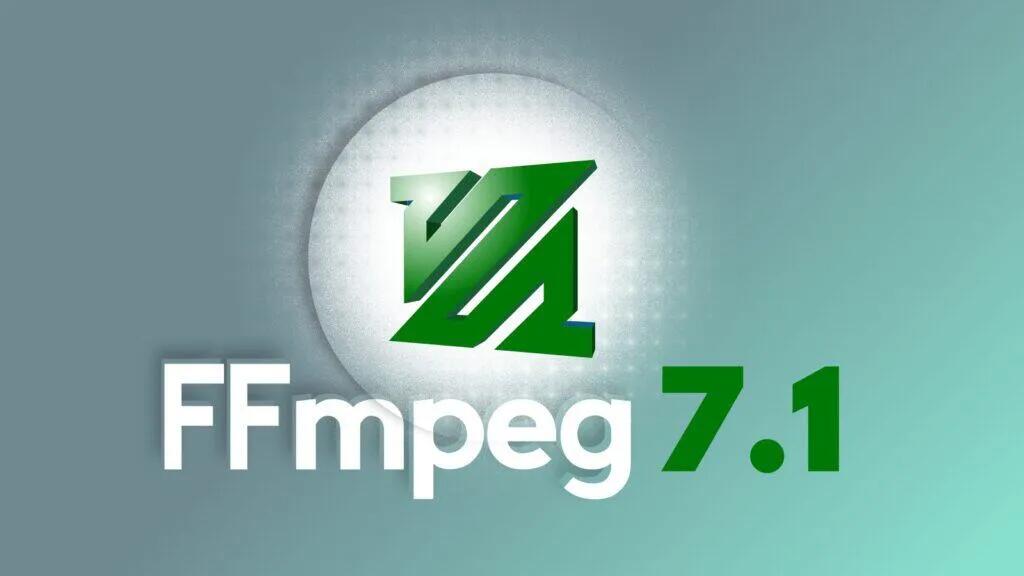Danie on Nostr: FFmpeg 7.1 debuts with full Vulkan encoding pipelines, enhanced AAC decoding, MV-HEVC ...
FFmpeg 7.1 debuts with full Vulkan encoding pipelines, enhanced AAC decoding, MV-HEVC support, and more
FFmpeg 7.1 introduces support for the native AAC USAC decoder, a component of the xHE-AAC coding system increasingly favoured by streaming websites for its robust volume normalization metadata.
Another critical update is the inclusion of MV-HEVC decoding support. This tool, essential for processing stereoscopic content, caters to the emerging market of advanced mobile phones and VR headsets that produce such formats.
The support for cropping metadata within Matroska and MP4 formats marks an important step not only for archival purposes but also in supporting AV1 hardware encoders, which require this signalling due to the codec’s limitations.
It is all quite a big step forward for this cross-platform, open-source multimedia framework that can be used to manipulate and convert various audio and video formats.
FFmpeg is actually built into many other applications, so many users won't even know they are using it. I recently did a video about how to use it to overcome some of the lack of H.264 and H.265 encoding/decoding in DaVinci Resolve for Linux. I certainly hope that DaVinci Resolve could build this into their Linux version in future.
See https://linuxiac.com/ffmpeg-7-1-promises-major-improvements-in-video-processing
#technology #video #FFmpeg

FFmpeg 7.1 introduces support for the native AAC USAC decoder, a component of the xHE-AAC coding system increasingly favoured by streaming websites for its robust volume normalization metadata.
Another critical update is the inclusion of MV-HEVC decoding support. This tool, essential for processing stereoscopic content, caters to the emerging market of advanced mobile phones and VR headsets that produce such formats.
The support for cropping metadata within Matroska and MP4 formats marks an important step not only for archival purposes but also in supporting AV1 hardware encoders, which require this signalling due to the codec’s limitations.
It is all quite a big step forward for this cross-platform, open-source multimedia framework that can be used to manipulate and convert various audio and video formats.
FFmpeg is actually built into many other applications, so many users won't even know they are using it. I recently did a video about how to use it to overcome some of the lack of H.264 and H.265 encoding/decoding in DaVinci Resolve for Linux. I certainly hope that DaVinci Resolve could build this into their Linux version in future.
See https://linuxiac.com/ffmpeg-7-1-promises-major-improvements-in-video-processing
#technology #video #FFmpeg

